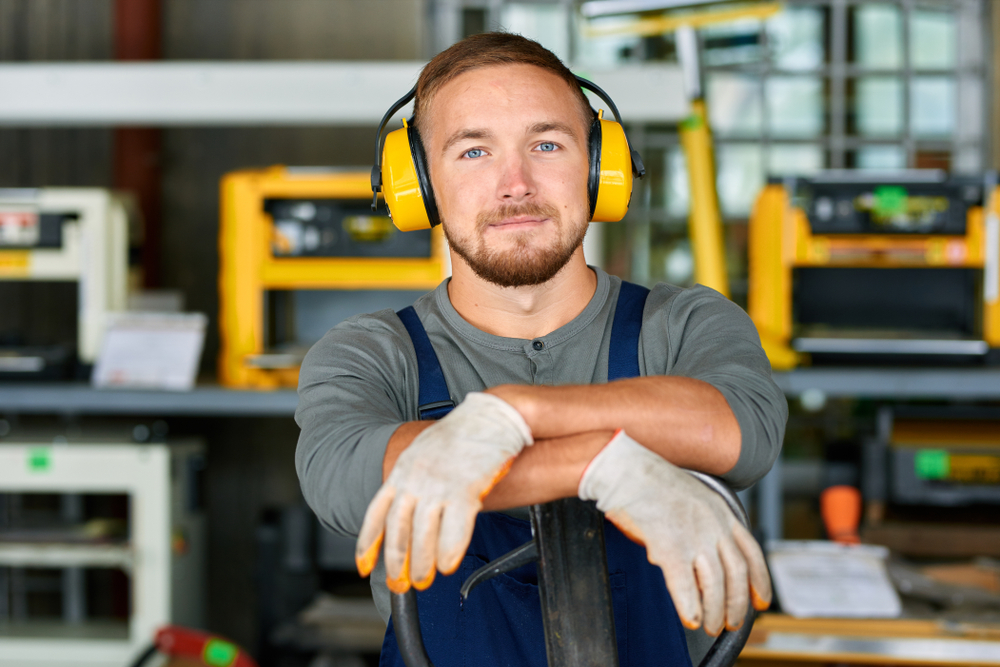The gift of hearing is invaluable, and once compromised, it is often difficult to restore. Despite this, many individuals neglect the importance of hearing health, leading to untreated hearing loss. While hearing aids and other treatments can assist in managing hearing loss, it’s far more effective to prevent damage from occurring in the first place.
How to reduce your risk of developing hearing loss
Here are ten practical steps you can take to protect your hearing:
1. Avoid using earbuds
Earbuds, popularized with the advent of MP3 players and smartphones, pose a significant risk to hearing health. These small devices fit snugly in the ear canal, delivering sound directly to the inner ear. Listening to music or watching videos at high volumes for extended periods can cause irreversible hearing damage. A safer alternative is using over-ear headphones, especially those equipped with noise-canceling technology. Regardless of the device, follow the 60/60 rule: keep the volume at 60% and limit listening time to 60 minutes per day.
2. Maintain lower volume levels
High volume levels from various sources, not just earbuds, can damage your hearing. Prolonged exposure to loud sounds from TVs, radios, or other audio devices can be harmful.
Additionally, avoiding consistently noisy environments, such as construction sites, concerts, and shooting ranges, is crucial. While it might be impossible to avoid these environments altogether, particularly for professionals in these fields, the following tip becomes even more vital.
3. Utilize hearing protection
For those regularly exposed to loud environments, hearing protection is essential. Sounds at 85 decibels can cause hearing loss if experienced for 15 minutes or more. To put this in perspective:
- Concerts often range between 100 and 120 decibels, with performances lasting over an hour.
- Construction equipment like jackhammers can produce around 130 decibels, posing a risk over a standard workweek.
- Firearms discharge at approximately 149 decibels, making activities like indoor shooting range visits potentially hazardous.
Investing in quality hearing protection, such as earmuffs or earplugs, can mitigate the risks associated with these high-decibel environments.
4. Take regular auditory breaks
Allowing your ears time to rest is crucial, especially after exposure to loud noises. Even with hearing protection, your ears need breaks to recover. After attending a loud event or working in a noisy setting, take some quiet time to let your ears rest. Avoid turning up the volume in your car or at home immediately after such exposure.
5. Monitor your medications
Certain medications can adversely affect your hearing. Drugs such as aspirin, anti-inflammatories, antibiotics, and some heart and cancer treatments have been linked to hearing loss. While medication-induced hearing loss is relatively rare and usually associated with taking multiple medications simultaneously, it’s wise to be cautious. Consult with your doctor or a hearing specialist about the medications you are taking to understand any potential risks to your hearing.
6. Be mindful of environmental noise
Daily life exposes us to various noise levels, and being mindful of environmental noise is essential. Simple actions like choosing quieter routes, using noise-canceling headphones in loud environments, or even investing in soundproofing for your home can reduce the risk of hearing damage.
7. Educate yourself and others
Awareness is key to prevention. Educate yourself about the risks of hearing loss and share this knowledge with friends and family. Encourage loved ones to adopt hearing protection practices and be mindful of their listening habits.
8. Schedule regular hearing check-ups
Regular hearing check-ups with a specialist can help detect early signs of hearing loss. Early intervention can prevent further damage and improve your quality of life. Make it a habit to schedule annual hearing tests, especially if you are frequently exposed to loud environments or are experiencing any symptoms of hearing loss.
9. Adopt a healthy lifestyle
A healthy lifestyle can positively impact your hearing health. Regular exercise, a balanced diet, and avoiding smoking can improve blood flow to the ears, maintaining their function. Additionally, managing stress levels and ensuring adequate sleep can support overall ear health.
10. Protect your ears from infection
Ear infections can lead to temporary or permanent hearing loss. Protect your ears from infections by practicing good hygiene, avoiding inserting objects into your ears, and drying your ears thoroughly after swimming or bathing. If you experience any symptoms of an ear infection, seek medical advice promptly.
Protecting your hearing is a lifelong commitment that involves mindful habits and regular check-ups. Take proactive steps today to safeguard your hearing for the future. Find a hearing professional near you to schedule your regular hearing check-up.
